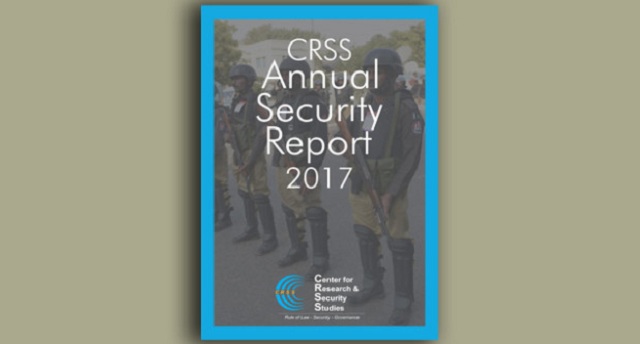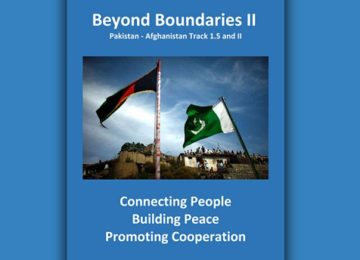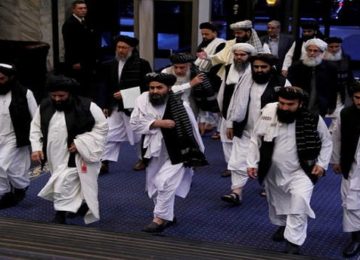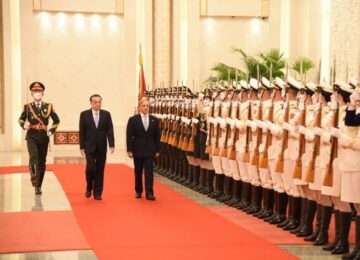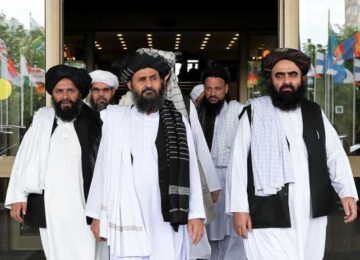The past year continued the trend of declining violence over the last three years, with many outlaws arrested or convicted. Although the drop in violence-related fatalities was countrywide, the change fluctuates regionally, owing to several factors, including geo-political scenario alterations in the militant strategy.
Internationally and domestically, terrorism has witnessed a decline. Daish lost territory in Iraq and Syria, while Tehreek-e-Taliban Pakistan (TTP) lost its sanctuaries in the tribal regions of Pakistan. However,
territorial loss does not translate to complete elimination, as they continued sporadic attacks throughout the year. Domestically, religious parties in favor of the militants either openly supported the Taliban or provided support in elections for the candidates who were considered to be affiliated with some banned outfits. Blasphemy accusations witnessed a sharp rise in the country involving social activists, media persons, and political party leaders like Imran Khan. A sit-in at Faizabad by a newly formed religious party, Tehreek-e-Labbaik Ya Rasool Allah (TLYR) was also in opposition to altering blasphemy laws.
The shrinking operational space for militant groups has forced them to change their tactics, thus complicating and testing the security response. Militants also changed their focus to try and inflict damage that would legitimize their presence. Violence along neighboring borders increased significantly. The cross border attacks by the Afghan based militants revealed that a majority of them were Pakistani
militants who had crossed borders during the Zarb-e-Azb operation. Additionally, of special consideration is the target killing and battering of media persons in various incidents across the country.
To assess and evaluate new challenges and threats being faced by the country, this report makes use of the national print and electronic media sources. Center for Research and Security Studies (CRSS) scrutinizes the data within the available resources to ensure that it is as accurate as possible. However, it does not rule out errors and omissions, a possibility in publicly sourced statistical work. Such mistakes, nevertheless, do not grossly affect the overall outcome and conclusions of this report. Additionally, this work cannot take into account incidents of violence-related fatalities and casualties that go unreported.
Readers can approach CRSS for information related to this report. Alternately, you may send your queries to mail@crss.pk, directly to Mohammad Nafees, Senior Research Fellow, CRSS – the author of the report (mohammad.nafees@yahoo.com), or Zeeshan Salahuddin, Research Fellow, CRSS – the editor.
To view the full report, click here.
© Center for Research and Security Studies (CRSS) and Afghan Studies Center (ASC), Islamabad.



